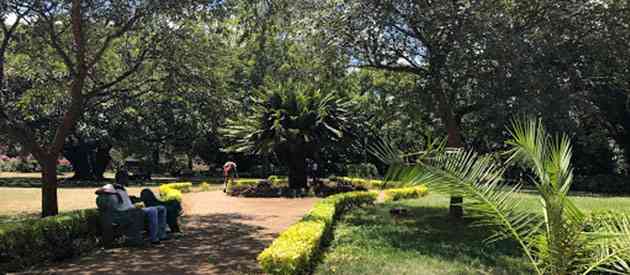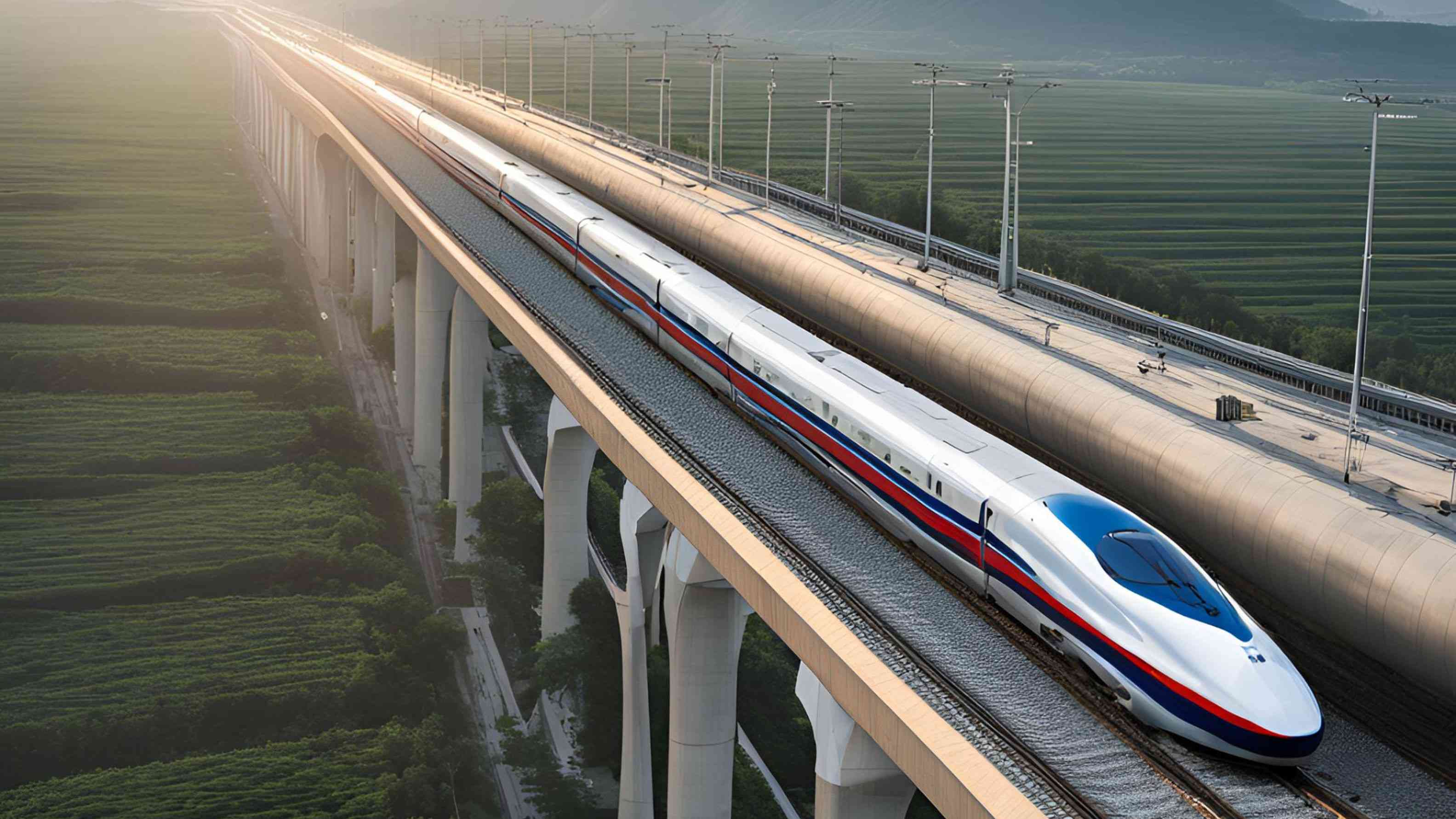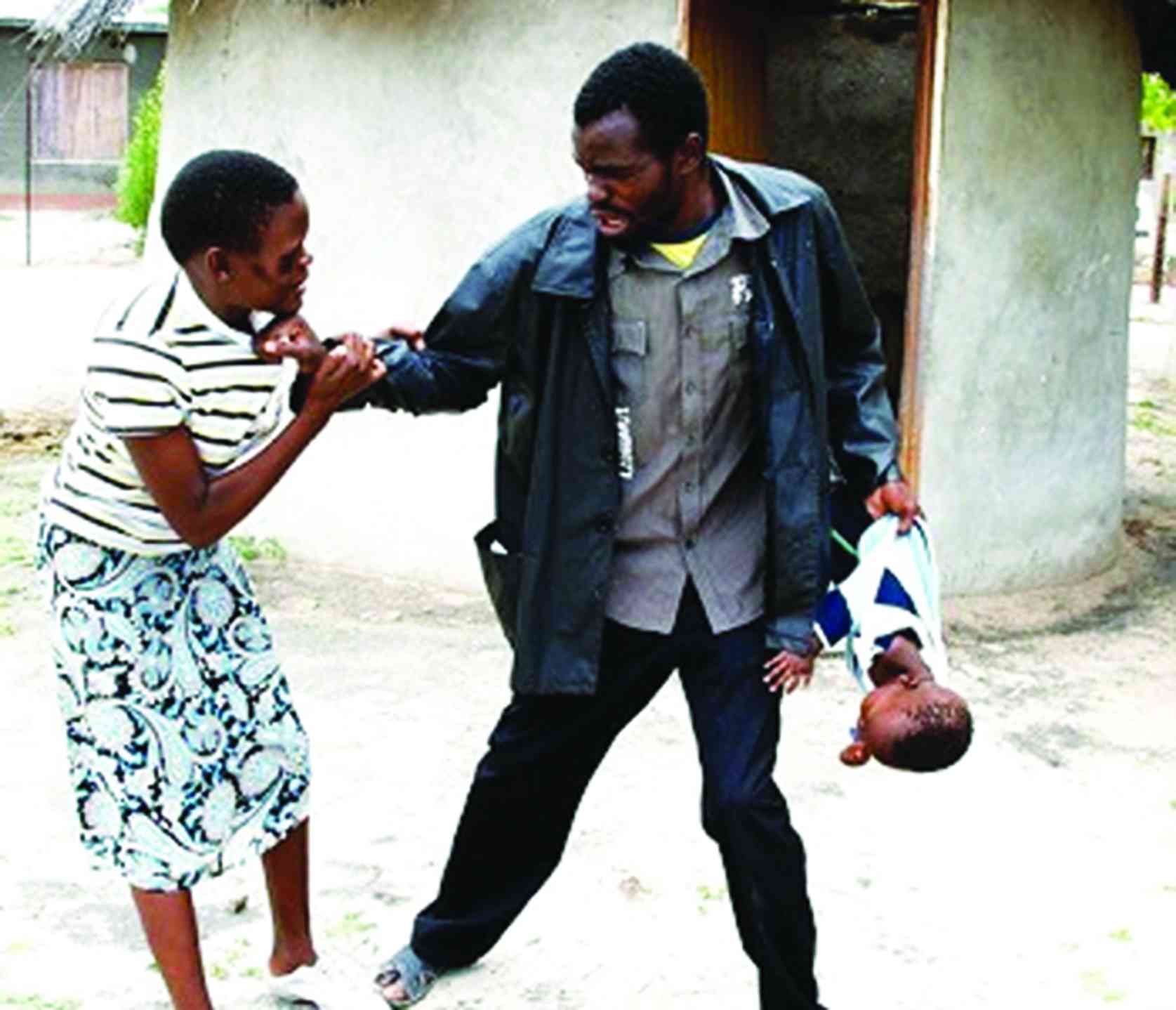
THE world over, councils run and maintain public sports grounds for their residents.
They have halls and theatres and also public gardens.
This is all about to change in Zimbabwe, the government is ready to privatise public spaces.
Developments over the years in cities and towns have been without plans and approvals, creating slums in the process.
The simplest definition of a slum is an irregular sprawling housing estate without social amenities.
These amenities include public spaces like gardens, sports grounds, clinics, community halls and theatres, creches and schools.
Zimbabwe has normalised slums over the last two decades.
In Harare, we have the Caledonia developments and Hopley as examples. Bulawayo Ngozi Mine slums Mbundane, etc.
- Mavhunga puts DeMbare into Chibuku quarterfinals
- Bulls to charge into Zimbabwe gold stocks
- Ndiraya concerned as goals dry up
- Letters: How solar power is transforming African farms
Keep Reading
These are sprawling slums without social amenities. These developments have created a generation that assumes public spaces are a luxury.
To make matters worse, we now have local authorities that treat social amenities like some favour they do to residents.
Even in places like Mabvuku, Mbare, Dzivaresekwa and Highfield, where there were public swimming pools, gardens, tennis and basketball courts, soccer and rugby fields, public libraries and community halls, which have since been left to fall apart.
Slowly, but decisively it has been normalised that councils can’t offer these services and hence they should be privatised.
This is the case in many African cities I have travelled to.
The level of decay of public places has been the same, be it in the metropolitan cities like Johannesburg, Harare, Lusaka, Blantyre, Maseru, Mbabane, Nairobi, Maputo, Abidjan or Addis Ababa.
Good public amenities are found in affluent suburbs and most of these are privately developed residential estates.
The difference in accessing social amenities between the rich and the poor is growing and is not likely to be reduced in this generation if no deliberate policy is done to fund and maintain public places.
Zimbabwe, like many African countries, thinks privatisation is a panacea to all problems.
It has privatised education, health, public transport, energy and now they want to privatise public spaces.
They want the poor to think sports are a luxury that can only be afforded by the rich.
The Cabinet this week passed a resolution to allow private public partnerships on development of public grounds and stadiums.
On Tuesday, Cabinet said: “Cabinet approved strategies aimed at developing, refurbishing, upgrading, repairing and maintaining the country’s sports stadia, which include leveraging on build-operate and transfer model.”
The government added: “Priority will be given to the construction of a new stadium in the new city, at Mt Hampden; and refurbishment of existing stadia namely: Dzivarasekwa, Gwanzura and Mabvuku in Harare; Barbourfields, Luveve, and White City in Bulawayo; Ascot in Gweru; and Chipadze in Bindura. Government intends to replicate similar strategies in the refurbishment of stadiums in other cities and towns throughout the country.”
While on the face of it, the proposed solution may seem viable, I argue that it is a bad model and disguised privatisation of public spaces. I will use the example of Mabvuku, a suburb I partly grew up in.
Mabvuku Number 1 Grounds is a multi-purpose sporting complex owned by the City of Harare.
It is a community sporting facility for the residents of Mabvuku and Tafara.
The complex has a football pitch that was also used for rugby, a basketball court and tennis courts.
The complex is walled and gated and has grandstands.
It was always open during the day for community members to come and play sports for free.
It is at the Number 1 Grounds that I honed my tennis playing skills.
It was a place I would chat with other youths and play tennis.
Every Saturday, it was a ritual to be at the tennis courts for about three hours in the morning.
Circle Cement, now Khayah, at one point came in through their social corporate responsibility programme to resurface the courts, rebuild the precast wall surrounding the complex and general maintenance.
However, the complex remained community-owned and accessible to all for free all day.
This complex is part of the stadiums that the government on Tuesday decided to privatise.
It is a public secret that local Mabvuku MP and businessman Pedzisayi “Scott” Sakupwanya has applied to the council to lease and renovate the complex for use by his club Scottland FC, which now plays in the Premier Soccer League.
Assuming the Zanu PF MP gets the lease, what will happen to the tennis courts and basketball courts?
Will the community rugby club be allowed to continue training at the complex for free?
Yes, the investment will transform the place, but it will also make lots of poor youth lack a public space to play soccer, tennis, rugby or cricket.
The public asset would now be private and for the benefit of his club. Most likely, it will now include a replica shop, a bar and a restaurant. All this will bring private gain to Sakupwanya and not the community.
Many of the youths would be relegated to spectators when Scottland is playing at home, that is if they can pay the entrance fee.
They will never play sport to socialise, worse still in this day and age where drug abuse has become endemic in Zimbabwe.
This would be replicated in all the other sport centres that the government has earmarked for privatisation.
Last year, there was an uproar after reports emerged that Sakunda Energy — a fuel company owned by Kudakwashe Tagwirei — wanted to get a 99-year lease for Rufaro Stadium, the iconic home of soccer in the sprawling Mbare suburb.
We are not certain how many would have afforded the fees to watch matches after its privatisation.
It is not only immoral, but criminal for elected representatives to privatise public assets for the benefit of a few.
It is immoral to deprive thousands of youth public spaces to play sports simply so that a few well-connected individuals can make money.
Community public spaces should simply remain that.
After all, residents pay money for the upkeep of those utilities directly and indirectly to the council.
Privatisation of sports should never be acceptable.
Paidamoyo Muzulu is a journalist based in Harare. He writes here in his personal capacity.











